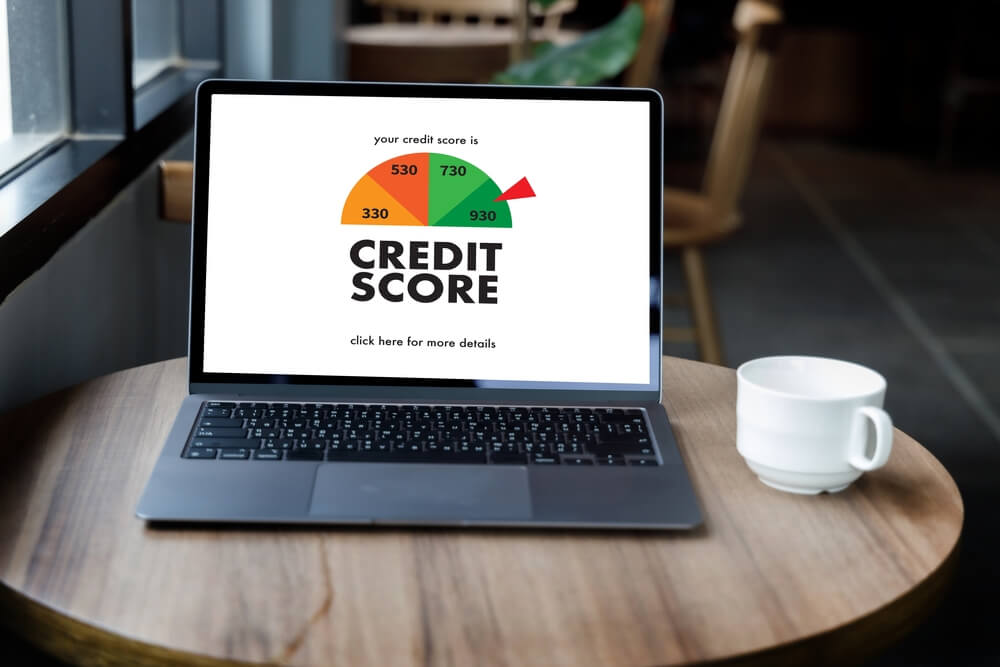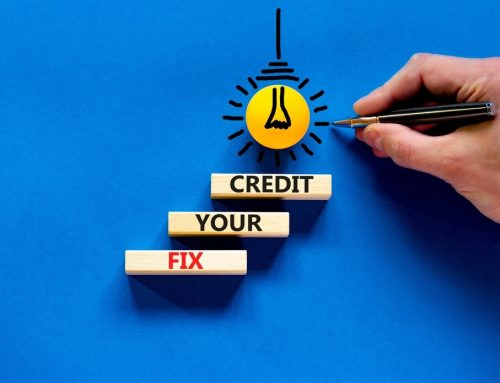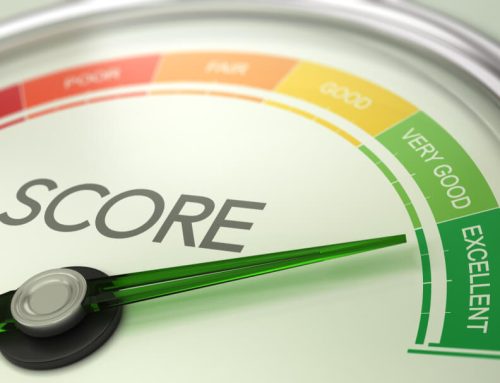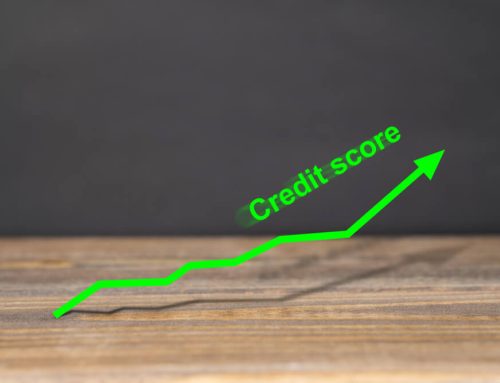Things Most People Don’t Know About their Credit Score (That Could Damage Their Financial Future)
When it comes to knowing and fixing your credit score report inaccuracies, there are probably a million things you’d instead do. But knowing not just your number but how to correct any errors or omissions from your credit report is not only vital for today and for the future as well. Here’s why:
Your Credit Score May Differ Between Reporting Bureaus
Equifax, TransUnion, and Experian – the three major credit reporting bureaus, all have their own methods for reporting your credit score based on the information they have in their databases. And in fact, based on that information, your score could be very different between the three of them.
If there are vast differences between one report and the next, or you’ve found things you’d rather not have shown on your credit report (bankruptcies, collections, charge-offs), you can try and get them removed.
Your Credit Score Will Change Over Time
Starting from your late teens to early 20s, you’ll start getting credit card offers and building a credit history. Maybe you’ll buy your first car and eventually move up toward getting a mortgage on a home. Perhaps children will be in your future, and before you know it, it’s time to upgrade that old college clunker into a roomy minivan. And maybe there are a few home improvement items you need to take care of as well. As such, your score will be most likely to change within the predetermined credit score range.
As you continue to make significant (and minor) life changes, your credit score will adapt accordingly. Over time, it will create a financial “impression” of you to potential lenders. Do you pay off debts quickly or do you let them continue to accrue interest? Do you buy expensive items or live outside your means? Have you had to declare bankruptcy or worse, have collectors been nagging you day and night about your debts?
All of these things (and many more) paint a picture of how fiscally responsible you are and how big of a risk you may be to potential lenders. In other words, your position within the credit score range will reflect your financial “trustworthiness.”
Certain Things Do Not Affect Your Credit Score
You may be wondering then, “just what affects my credit score?” You’ll be glad to know that your credit score and your credit report do not contain information about items such as your:
- Gender / Race / Sexual Orientation / Marital Status
- Age / Salary / Occupation / National Origin
- Child support and other family obligations (as long as you pay them regularly)
- Specific requests were made to view your credit report (such as you yourself viewing your report, lenders viewing your report to make you pre-approved offers, and administrative inquiries made by lenders. This also applies if your employer views your credit report.
- The fact that you are undergoing credit counseling

But Other Things DO Affect It!
That being said, there are other factors that do affect your credit score. Your open credit lines versus how much of that credit you’re currently using are one such factor, as is how often you make your payments and if they’re on time. The age of your open credit lines (i.e., how old your credit cards are) is another factor. Other areas that affect your score can include when a financial institution checks your creditworthiness for significant purchases, such as a car loan, mortgage, credit card, business loan, or personal loan.
As you can see, there is a wide range of things that can positively or negatively affect your credit score, and errors or omissions in any of those areas may affect how much credit you can get – if you can get it at all. Don’t let derogatory marks affect your credit viability.
Things You Can Do to Increase Your Credit Score
Honestly, getting in the lower range can do a number on your future finances, and you want to keep your score at optimal levels at all times if possible. If you are looking for ways to boost your credit score, the following strategies may be able to help:
- Pay balances strategically: An excellent way to increase your credit score is to use less than around 30% of the limit on your card and aim for even lower.
- Consider asking for higher credit limits: When the credit limit increases and the balance remains the same, you instantly get lover credit utilization, improving your credit.
- Pay the bills on time: As a matter of fact, you won’t be able to fix your credit score if you are plagued with late payments.
- Keep an eye open for report errors: Mistakes can come up on your credit reports, and always make sure to see if everything checks out.
- Get a secured credit card: A great way to fix your credit and rebuild your score is by using a secured card. This card type is backed by a cash deposit that you will have to pay upfront. The amount you have to pay will typically be as high as your credit limit. While the impact of this method can vary, it will likely be able to help someone boost their credit score.
Getting The Best Out Of Your Finances
Truth be told, there’s a myriad of things that can affect your credit score both negatively and positively. Sometimes, keeping track of everything that’s happening can be overwhelming, leaving you with less than ideal credit conditions. Unfortunately, a few adverse effects may be enough to leave a larger dent in your credit that may “cut you off” from seizing great financial opportunities. As such, you should aim to keep everything intact with your score.
On that end, you can always reach out to us to help you with your credit. May those be questions, concerns, or other financial issues you need help with; we’re here to help you get you back on track.



